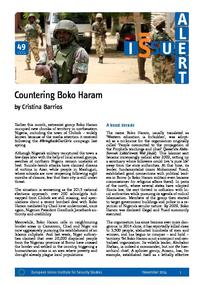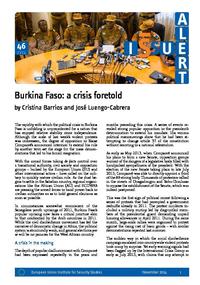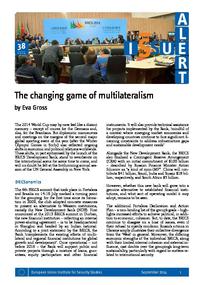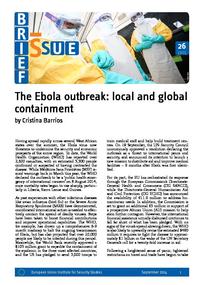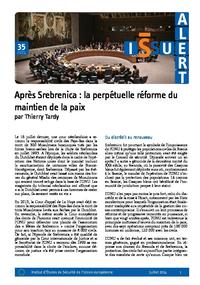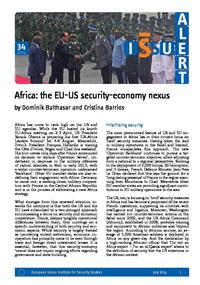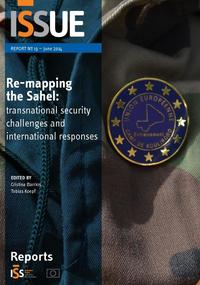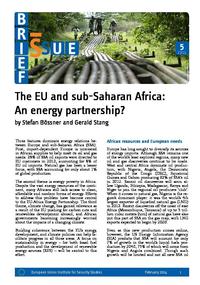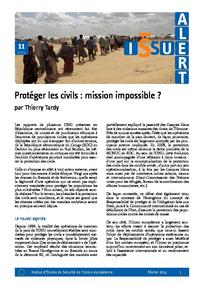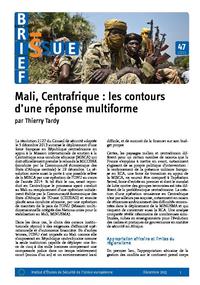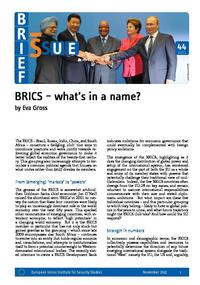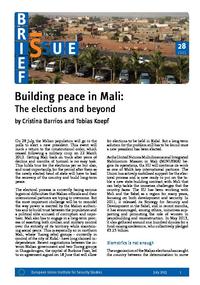Sub-Saharan Africa is a macro-region in transformation. It is affected by traditional and emerging threats, growing violent extremism and radicalisation, new forms of intra-state violence, structural and climate-related vulnerabilities, social grievances, and migratory pressures. At the same time, the continent is also witnessing fast-paced political, economic, and technological progress, which is profoundly changing its societies and institutions, and triggering a new prominence of African countries in the global arena.
The relationship between the European Union and Africa is evolving accordingly, going beyond development, humanitarian and security concerns, to include a broader and diversified engagement on migration and mobility, education and skills development, strengthened resilience and governance, inclusive growth and job creation. The EU Global Strategy calls for a change in mindset and a change in policy, seeing Africa and the EU as privileged and equal partners to shape a fairer, multilateral global order. This new approach will also shape the post-Cotonou agenda after 2020.
The EUISS provides innovative research, analysis and advice to support Africa-related policy planning and implementation. The EUISS uses its convening power to facilitate knowledge sharing, brainstorming, consensus building, dialogues with stakeholders and local partners, to break new ground on matters affecting Africa-EU relations. The Institute looks at instability hotspots, such as the Sahel, the Lake Chad Basin and the Horn of Africa, assessing interventions and formulating recommendations on how to strengthen the implementation of the EU’s integrated approach. The EUISS also monitors political, economic, security trends in countries at risk of falling or relapsing into conflict, to make the case for prevention when EU action can be impactful. Finally, the EUISS studies the role of new geopolitical actors expanding their influence in Africa, and emerging threats, such as cyber risks triggered by the digital revolution.

